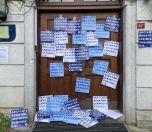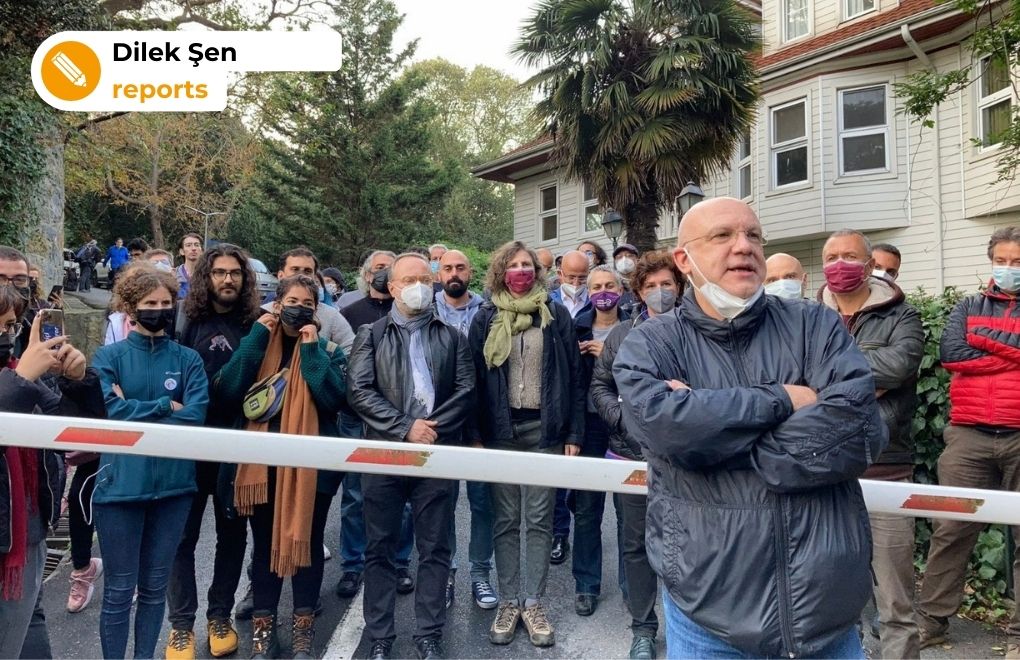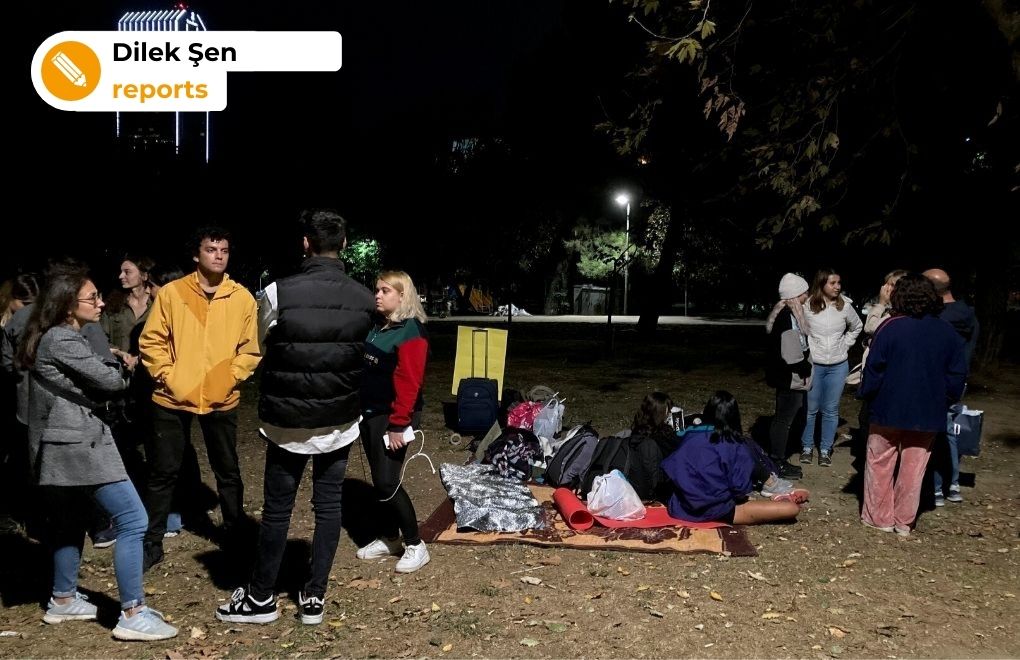Photo: Boğaziçi Resistance/Twitter
Click to read the article in Turkish
Protests against Boğaziçi University's president-appointed rector and other appointed officials have been going on for more than six months.
The constituents of the university have witnessed and have been subjected to unlawfulness and violence since Prof. Melih Bulu's appointment on January 2.
Disciplinary investigations against students are among such incidents. Over the past two weeks, investigations have been opened against three students for several reasons, including "damage to public property" by cutting the cables of security cameras during a demonstration.
Two students gave statements of defense in the investigations against them in the last week, said lawyer and academic Feyza Erçin.
While waiting for the outcome of the investigation, Erçin stated that a new writ came from the disciplinary commissions of various faculties concerning this investigation and others.
"New evidence" in completed investigation
Camera recordings were attached to the writ, the lawyer noted. "New evidence was added to an investigation, which was completed by taking statements of defense [from the students] ... New questions that were not asked even during the detention process were added to the writ."
"Disciplinary investigations are not processes that last forever. You can't say, 'We missed this one, let's send these so that we can corner the students,' after you understand that you can't impose a disciplinary penalty after getting an appropriate response to the investigation that you started within a certain period of time."
"Purposeful questions"
Disciplinary commissions can't act like a prosecutor's office, noted Erçin: "You can't ask such purposeful questions that are focused on creating a crime.
"Security guards working at Boğaziçi University caused the arrest of the students with minutes that were written in accordance with the instructions given to them. An academic of a university should not act in a similar manner. I believe questions that are intended to create an offense should not be asked.
"When you see the definition of 'actions disturbing the peace" in the Council of Higher Education Disciplinary Regulation and ask the student, 'Do you know that chanting slogans is an action disturbing the peace?' you acknowledge that you have created a crime in your mind.
"Chanting slogans is not an action that disturbs the peace. Actions that disturb peace do not have a legal definition anyway. You should not ask questions by doing wordplay while the words 'banner' and 'poster' are mentioned in the 5th article of the same regulation."
The role of security guards
More investigations intended to intimidate students come after every new appointment in the university, said Erçin.
"At first, they prepare deficient and erroneous investigation documents. There are definitely deficiencies in them. When we write a good statement of defense, they realize their mistakes and try to prepare them better the next time.
"They say, 'There are camera recordings' but they don't send them. The recordings are taken illegally anyway. They send unsigned minutes or hide signatures on the minutes, which makes the minutes worthless.
"All in all, there is such a process of investigation that the Rector's Office takes down minutes that have a basis or not, it sends investigation requests to all faculty and institute directorates and tries to make professors and students confront each other." (DŞ/VK)






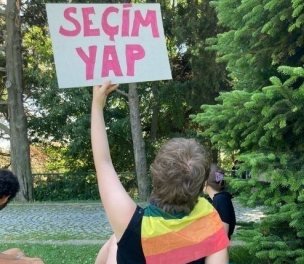

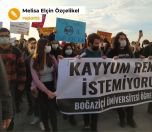

as.jpg)

